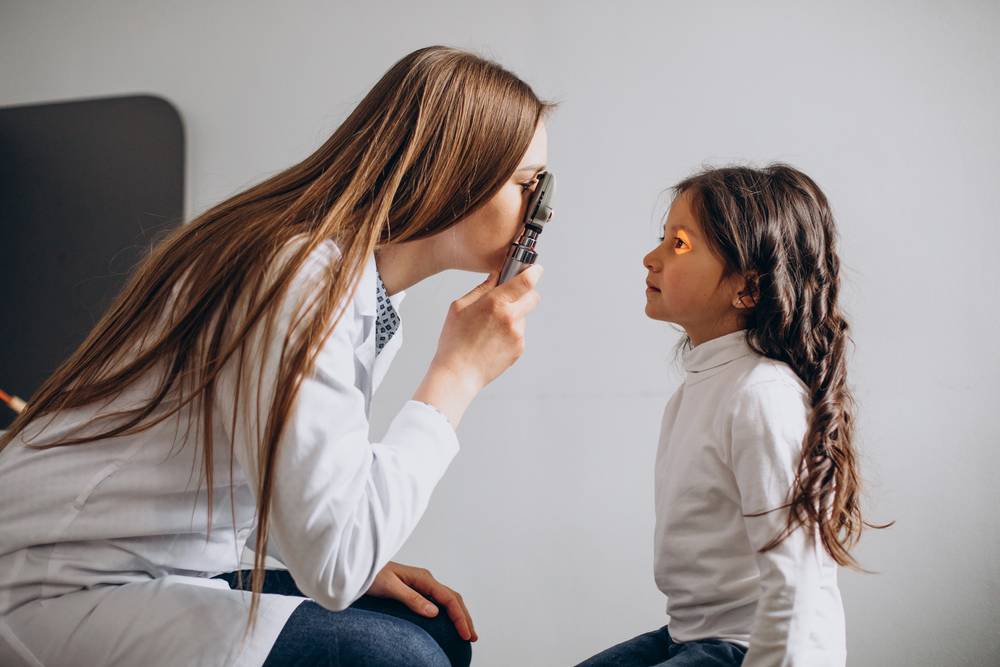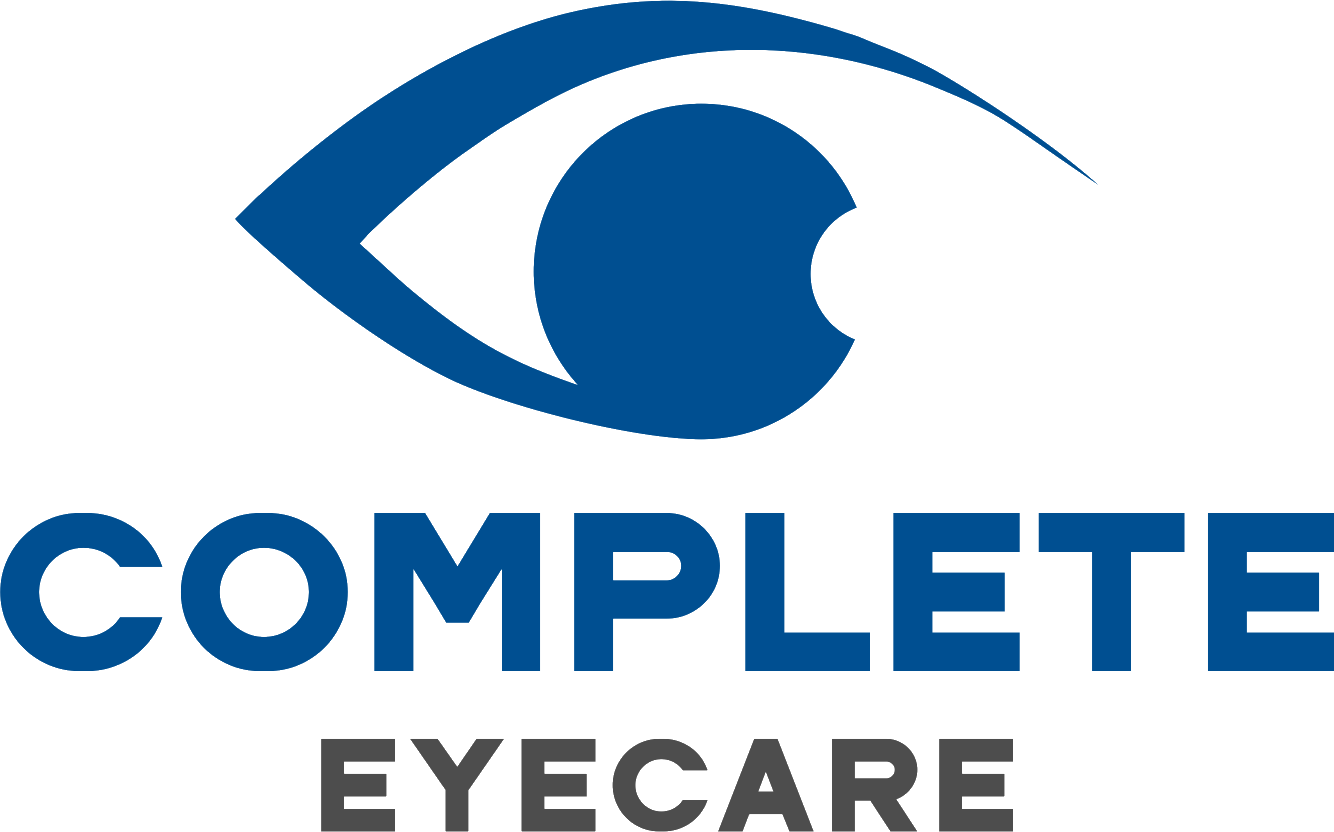
Pediatric eye exams are indispensable in detecting vision problems early, which can significantly impact a child's learning and development. Vision is a critical component of a child's growth, influencing their physical, cognitive, and social progress. If left unchecked, visual impairments can lead to difficulties in school, impacting a child's reading, writing, and comprehension abilities.
Pediatric eye exams also identify signs of eye diseases such as lazy eye (amblyopia), crossed eyes (strabismus), and color blindness. Early detection and treatment of these conditions can prevent long-term vision problems. These examinations can also reveal other health problems like diabetes or juvenile rheumatoid arthritis, which manifest symptoms in the eyes.
Understanding a Child's Eye Development
Understanding your child's eye development can help you appreciate the need for regular pediatric eye exams. A child's vision undergoes several significant changes during their early years. From blurry vision at birth, a child's sight gradually sharpens as they grow. Around the age of six months, a baby's color vision and depth perception are typically fully developed.
Throughout early childhood, the visual system continues to mature. For instance, eye-hand coordination, critical for activities such as grabbing a toy or writing, keeps improving. Similarly, visual processing skills, which are vital for understanding and interpreting what they see, continue to evolve.
Despite these natural progressions, problems can emerge at any stage of a child's eye development. Some children may be born with congenital eye conditions, while others may develop issues as they grow. Regular pediatric eye exams can help monitor these developments and catch any potential problems early.
When to Schedule Your Child's First Eye Exam
The question of when to schedule your child's first eye exam is crucial. According to the American Optometric Association (AOA), a child's first comprehensive eye exam should be conducted at six months of age. This early examination can help detect any congenital or developmental eye problems that could affect your child's vision.
The next exam should ideally take place at three years of age. This is a critical period as children are usually engaged in more visually demanding activities like drawing or recognizing letters and numbers. Another crucial exam should be scheduled before they begin school, around the age of five or six. This exam can ensure that your child's vision is ready for the reading, writing, and computer work they'll be doing in school.
If your child has risk factors such as a family history of eye diseases, premature birth, or developmental delays, more frequent exams may be necessary. Always consult your optometrist for the best advice suited to your child's individual needs.
The Benefits of Regular Eye Exams for Children
The benefits of regular eye exams for children are numerous. First and foremost, they ensure normal vision development. Regular check-ups can detect vision problems early on, allowing for timely treatment. This early intervention can prevent a child's vision problems from worsening and impacting their academic performance.
Regular eye exams also contribute to overall health monitoring. As mentioned earlier, eye exams can detect signs of diseases like diabetes or juvenile rheumatoid arthritis. Early detection of such diseases can pave the way for prompt treatment, improving the child's health outcomes.
Finally, regular eye exams can help foster good vision habits. Eye doctors can advise children on the proper use of glasses or contact lenses, importance of wearing protective eyewear during sports, and the need to rest eyes when using electronic devices. Such counseling can help instill healthy vision habits from a young age.
Protect Your Child’s Visual Health Today
Ensuring your child's eyes are healthy is a key aspect of their overall well-being. Scheduling regular pediatric eye exams is one of the best ways to ensure this. Remember, your child's first eye exam should ideally be at six months of age, with subsequent exams at key developmental stages. Regular eye exams not only ensure normal vision development but also contribute to overall health monitoring and foster good vision habits.
If your child is ready for their first eye exam, visit Dr. Krietlow & Associates at our office in Blaine, Minnesota. Our team provides undivided attention to each patient so we can evaluate a plan based on your needs and our professional opinion. Call (763) 296-8400 to schedule an appointment today or visit our website at drkrietlow.com.








